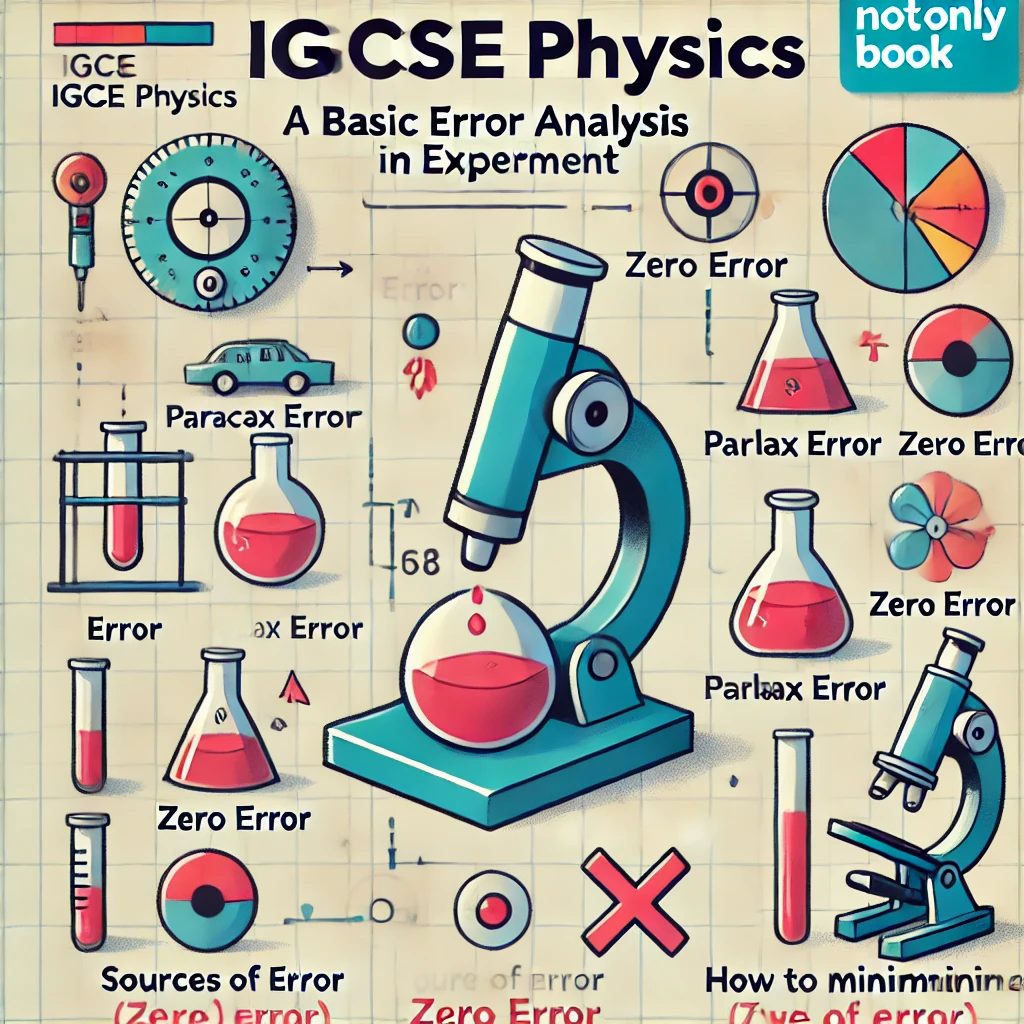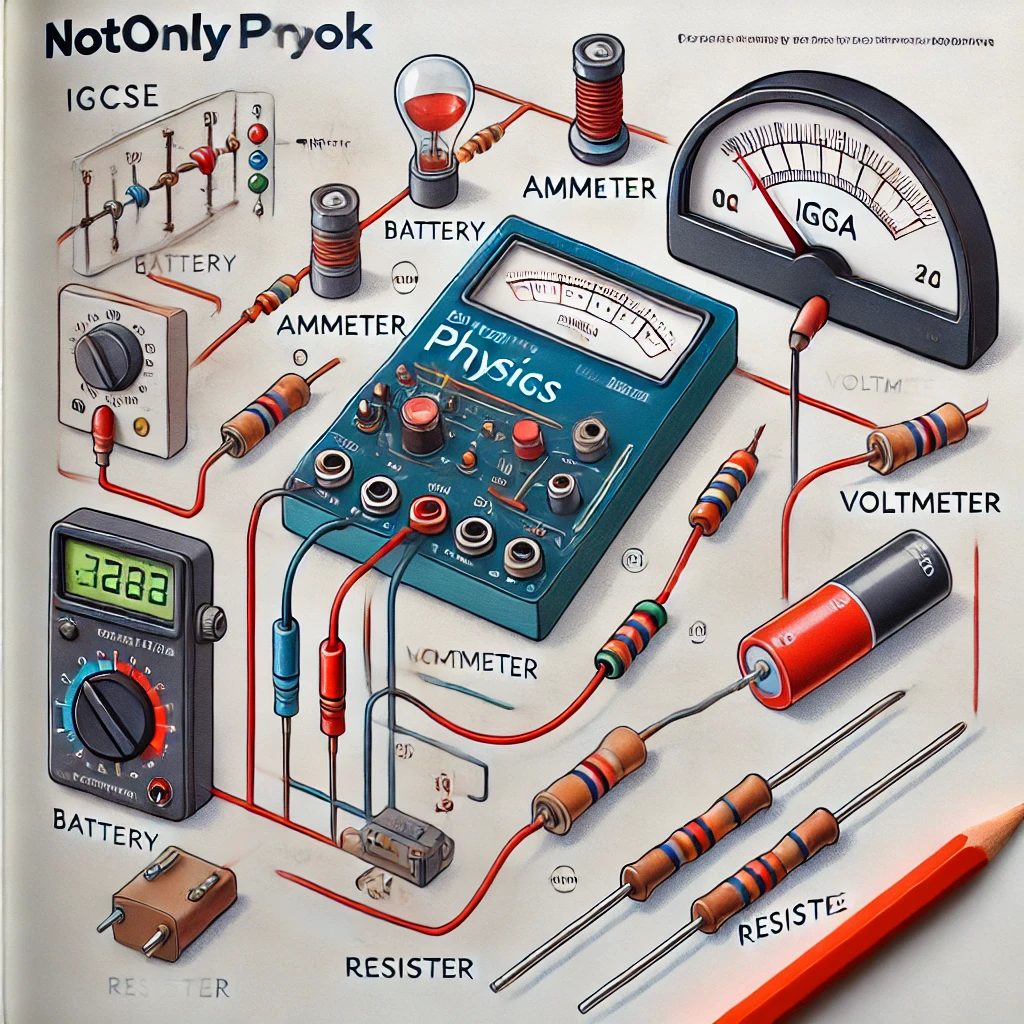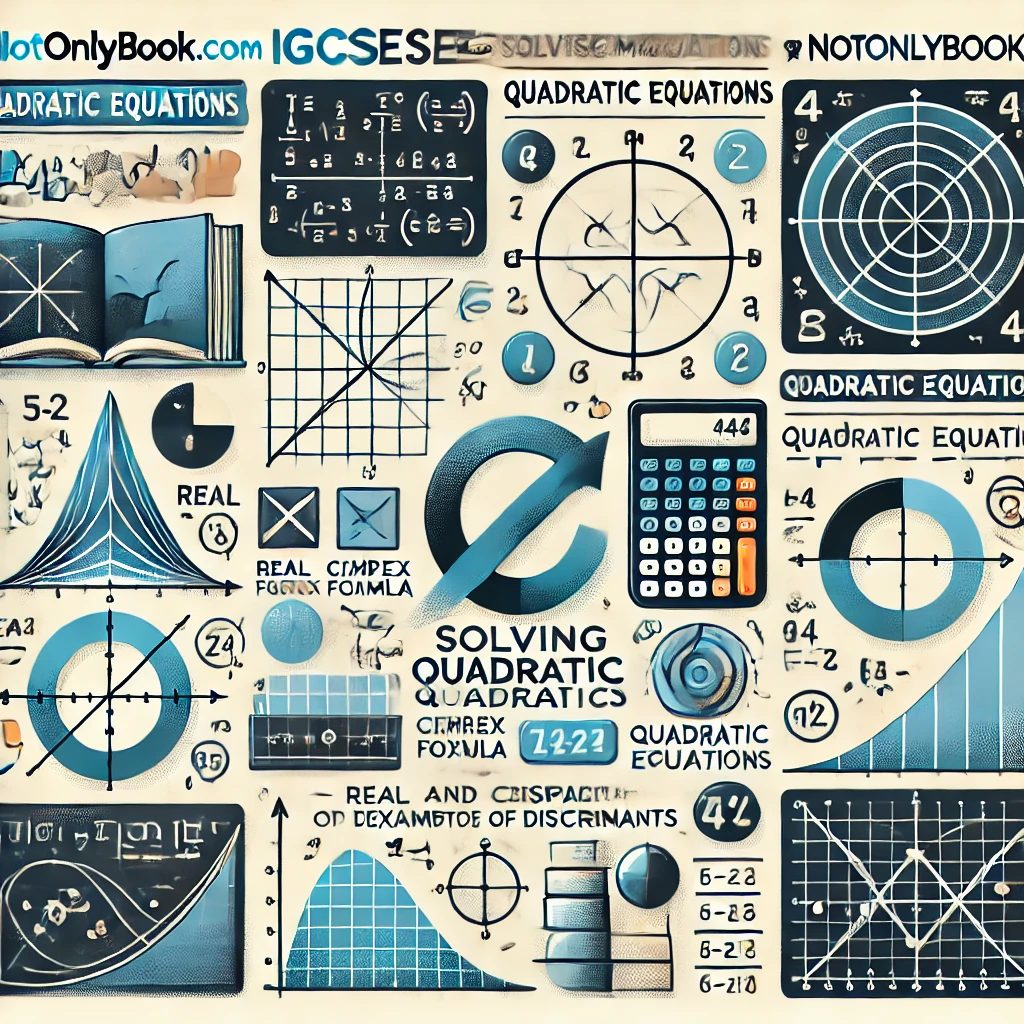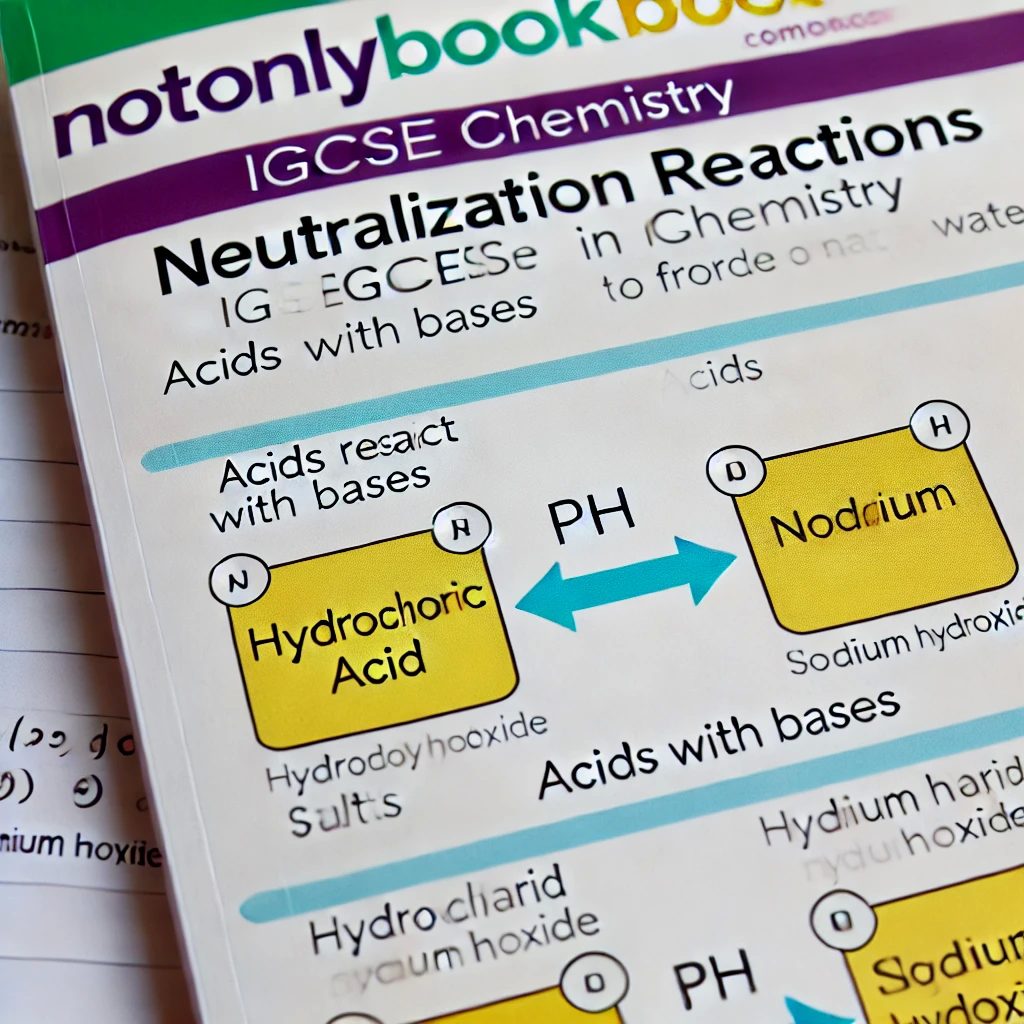Physics Download Past Papaers May June 2024
The IGCSE Physics 0625 Paper 6, known as the Alternative to Practical, is a unique paper that tests students’ understanding of practical experiments without them physically conducting the experiments. This paper assesses a student’s ability to interpret experimental setups, analyze data, and understand practical methods, all of which are essential skills in scientific learning. In this article, we’ll explore what the Alternative to Practical paper involves, how to approach its questions, and the essential topics and skills to focus on for the May/June 2024 exam session.
Overview of IGCSE Physics Paper 6 (Alternative to Practical)
The Alternative to Practical paper is part of the Cambridge IGCSE Physics curriculum and is designed for students who may not have access to laboratory facilities. Instead of performing experiments, students demonstrate their knowledge by answering questions based on hypothetical or previously conducted experiments. The exam typically lasts 1 hour and is divided into sections, each assessing different practical skills.
Structure of the Alternative to Practical Paper
- Experimental Setup and Apparatus: This section tests a student’s ability to identify and understand different types of laboratory equipment and their uses. Students may be asked to label parts of an experimental setup, describe the function of specific pieces of equipment, or draw diagrams.
- Procedure and Methodology: Students should be familiar with standard laboratory procedures and experimental techniques. Questions may include details on setting up experiments, measuring variables, or explaining steps in a specific experiment.
- Data Collection and Recording: This is a critical part of Paper 6, where students are expected to understand how to collect and record data accurately. They may be asked to interpret tables, record data correctly, or even draw tables based on experimental details.
- Graph Drawing and Data Analysis: Students may be required to plot graphs based on given data. Skills such as plotting points accurately, drawing best-fit lines, and interpreting slopes are tested here. This section also often includes questions on understanding and analyzing trends or patterns in data.
- Error Analysis and Evaluation: In the Alternative to Practical paper, students may need to identify sources of error in an experiment, explain how to minimize these errors, and evaluate the reliability of results. This requires a good understanding of systematic and random errors and methods of improving experimental accuracy.
Key Practical Topics to Focus On
- Measuring Physical Quantities:
- Basic measurements in physics, such as length, mass, time, and temperature, are essential. Students should know how to read values from common instruments, including rulers, calipers, thermometers, and balances.
- Electricity and Circuits:
- Students may encounter questions on setting up electrical circuits or measuring quantities like current, voltage, and resistance. Being familiar with circuit diagrams and understanding the use of voltmeters and ammeters is important.
- Thermal Physics:
- Practical questions related to heat, temperature, and thermal energy are common. Experiments might involve interpreting data from heat transfer experiments, understanding conduction, convection, and radiation, or calculating energy changes.
- Optics and Light:
- Experiments involving lenses, mirrors, and light sources are frequently covered. Students may need to draw ray diagrams, measure angles of incidence and reflection, or describe the behavior of light in different mediums.
- Forces and Motion:
- In mechanics, experiments may include measuring force, speed, acceleration, or momentum. Understanding how to use a stopwatch, calculate average speed, or measure forces with a spring balance is essential.
- Waves and Sound:
- Practical topics in waves and sound might include measuring wavelength, frequency, and wave speed. Students should understand the setup of experiments that use ripple tanks, tuning forks, or oscilloscopes.
- Cambridge Past Papers – Cambridge International
Tips for Success in the Alternative to Practical Exam

- Familiarize with Common Apparatus:
- Make sure to recognize and understand the use of various laboratory equipment. Practice identifying apparatus like beakers, graduated cylinders, ammeters, and thermometers in sample diagrams, as this is a frequent question type.
- Learn Basic Experimental Techniques:
- Know the basic procedures for setting up experiments, such as positioning measuring instruments accurately or adjusting the apparatus for precision. This includes understanding zero error, parallax error, and ways to minimize them.
- Practice Graphs and Data Interpretation:
- Graph skills are crucial, as students are often required to plot data and interpret trends. Practice plotting points accurately, drawing best-fit lines, and analyzing trends in sample data sets.
- Understand Measurement and Error Analysis:
- Be aware of common sources of error in physics experiments, like friction in mechanical experiments or resistance in electrical circuits. Practice identifying potential errors and suggesting improvements to increase accuracy.
- Use Past Papers for Practice:
- Reviewing past papers is one of the most effective ways to prepare. Pay attention to recurring types of questions, particularly those involving data tables, graph plotting, and apparatus setup. Past papers will also help you understand the format and time requirements of the exam.
- Save My Exams – IGCSE Physics 0625
Sample Questions and How to Approach Them
- Question on Equipment Identification:
- Example: “Identify the apparatus needed to measure the resistance of a wire.”
- Answer Approach: List and describe essential equipment, such as an ammeter, voltmeter, and rheostat. Explain the function of each in the experiment.
- Graphing and Data Analysis:
- Example: “Plot a graph of temperature vs. time from the data provided and interpret the results.”
- Answer Approach: Plot the graph with accurate scales and labels, draw a line of best fit, and describe the trend, such as “the temperature increases over time, indicating a heat gain in the system.”
- Error Identification and Suggestions for Improvement:
- Example: “Identify two possible sources of error in an experiment measuring the time for a pendulum to swing and suggest ways to improve accuracy.”
- Answer Approach: Mention factors like air resistance and human reaction time. Suggest repeating measurements and taking an average or using a more precise timing mechanism, such as a photogate.
Resources for Effective Preparation
- Cambridge International Website: Cambridge International offers sample papers, marking schemes, and examiner reports that provide insights into the types of questions and answers expected in Paper 6.
- Save My Exams: This platform provides study resources and question banks designed to help students practice with questions similar to those found on Paper 6. It includes model answers and explanations.
- Khan Academy Physics: For students needing to strengthen their understanding of practical concepts in physics, Khan Academy offers free tutorials on experiments, measurements, and error analysis.
Conclusion
The IGCSE Physics Paper 6 (Alternative to Practical) is designed to test students’ understanding of practical skills, data interpretation, and error analysis. By practicing with past papers, familiarizing themselves with common experimental setups, and understanding essential lab techniques, students can approach this paper with confidence. Preparing for this exam requires focus on accuracy, analysis, and a strong grasp of experimental procedures, which are all vital skills in the study of physics.




No comment